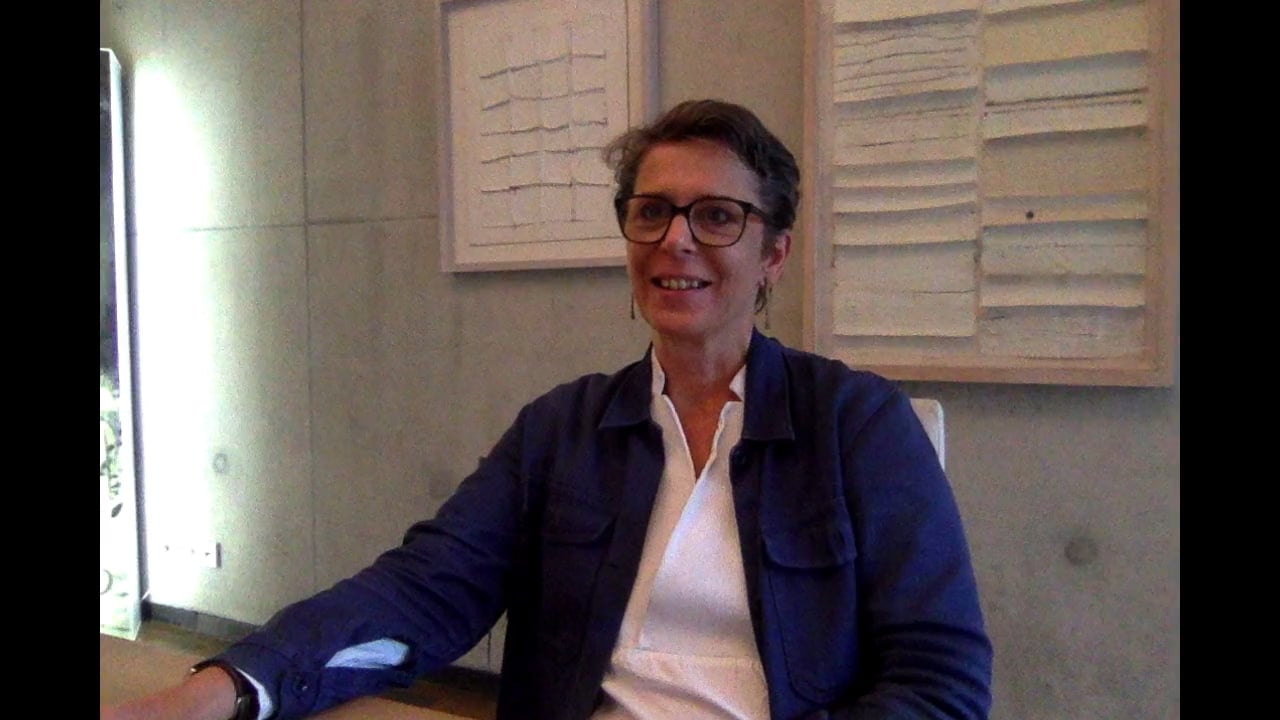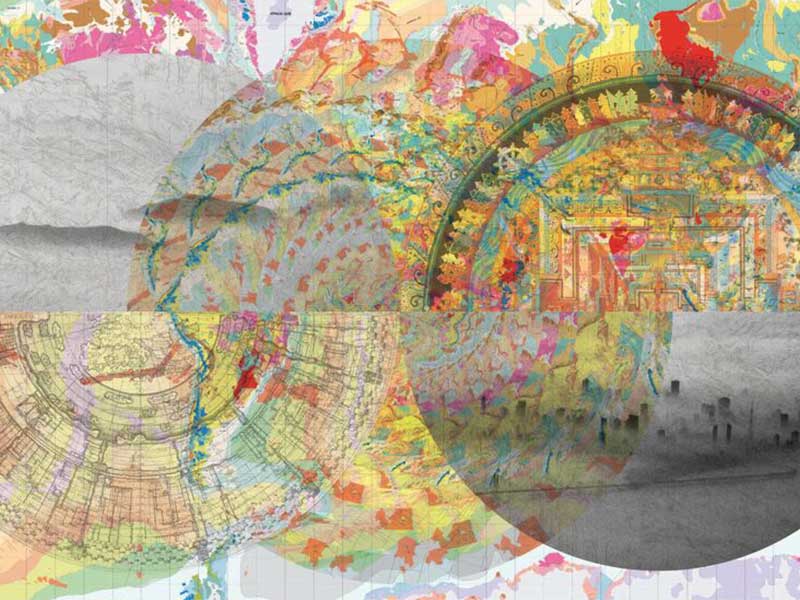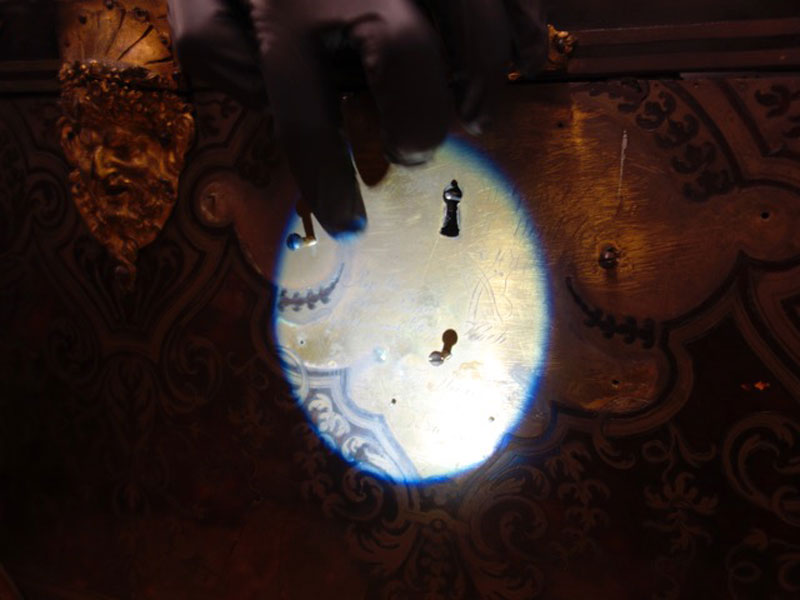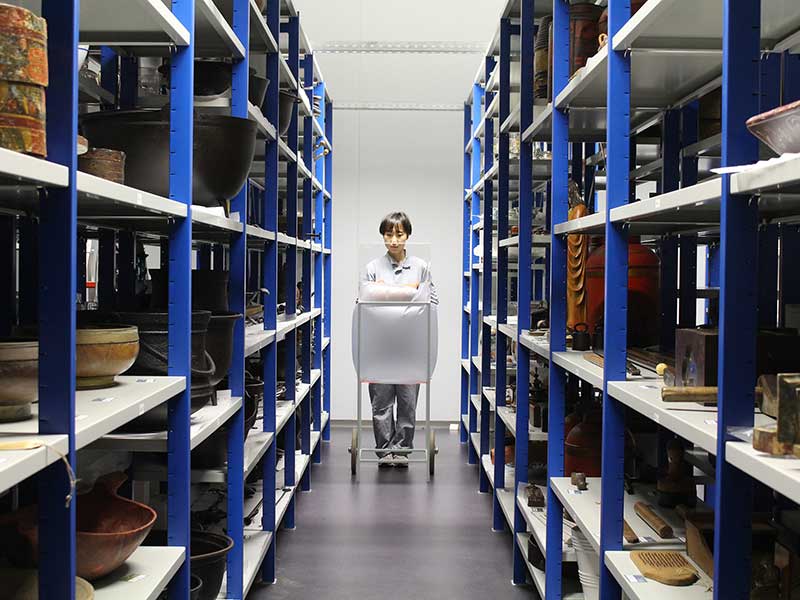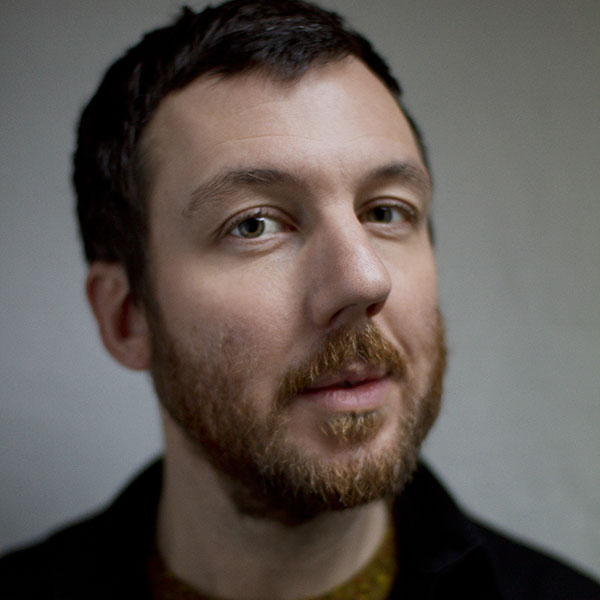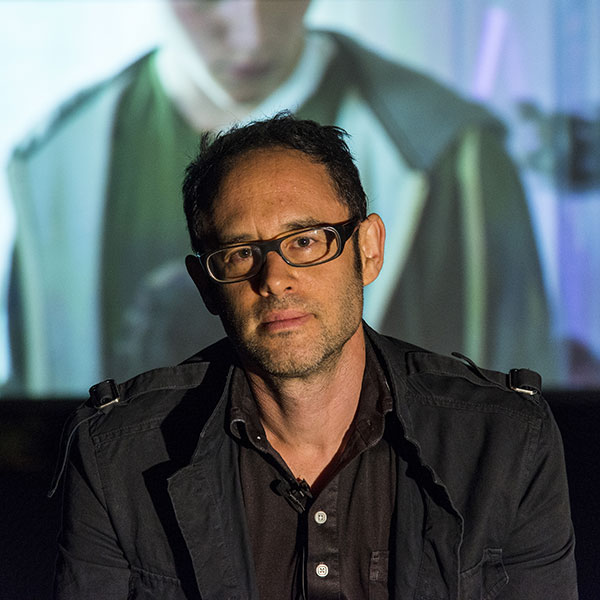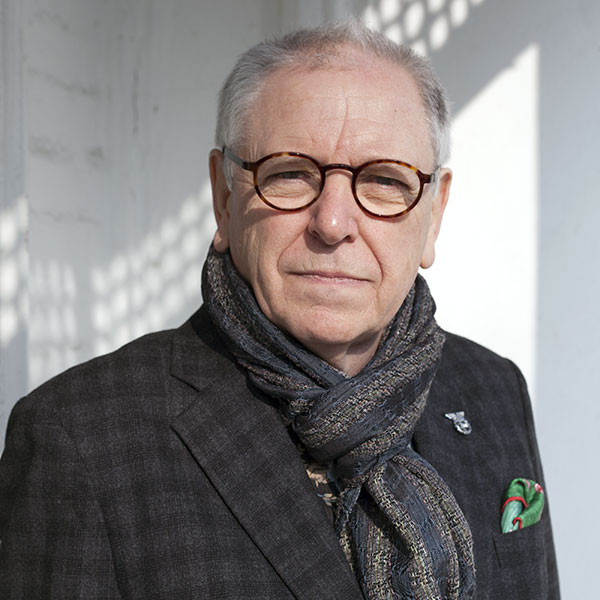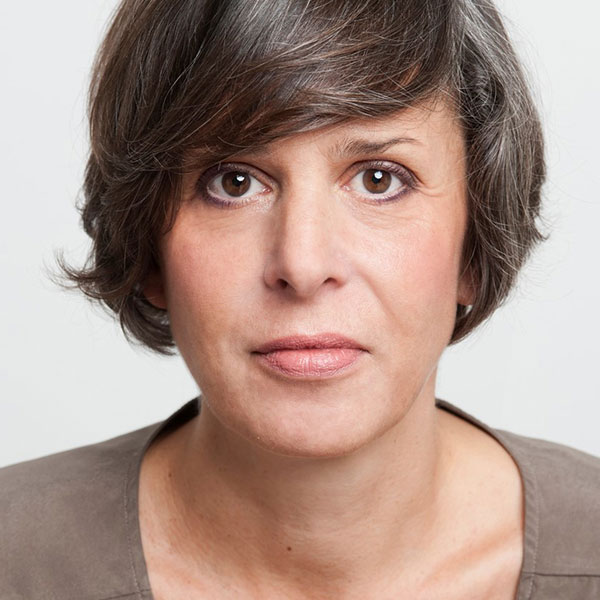“Museums of Applied Arts can become a forum for how we want to design our world.”
Tulga Beyerle is an Austrian curator and museum director. She acknowledges that “society is changing, our future challenges are changing.” These processes of change raise fundamental questions about the future of museums; Beyerle wants to map out a new path for museums suitable for the twenty-first century.
The curator and director remarks that most museums were created as static places of display, where objects would stand still in time. She questions the sustainability of this rigid approach, and insists that we need to invade the museum. It needs to be transformed “from a place of great objects into a place full of life and debate, testing and exploring, experimenting.” Passive contemplation must become active sharing, learning, and doing if the museum is to survive.

She sees design as a vital discipline for our century. Beyerle curator notes that in the twentieth century, thinkers debated society’s architecture; today we discuss its design. This means that design practitioners have a responsibility to stay alert to changes and discourses in the field. Within her work on the fluid and disruptive aspects of the design process, Beyerle is particularly interested in experimental, social, and speculative design.

Beyerle seeks a mentee who can engage in a mutual process of exploration. How should this process of invasion be enacted? She hopes to work with someone who brings new and experimental ideas to the table, and is prepared to help answer the question: how can museums survive in the (post)modern or postindustrial age?
Beyerle has been working in the field of design for more than 20 years, as a design expert, curator, and teacher. She studied industrial design at the University of Applied Arts in Vienna, is cofounder of Vienna Design Week, and is now director of the Dresden Museum of Applied Arts Dresden State Art Collection. She has curated exhibitions across Europe and published widely on art and design.

